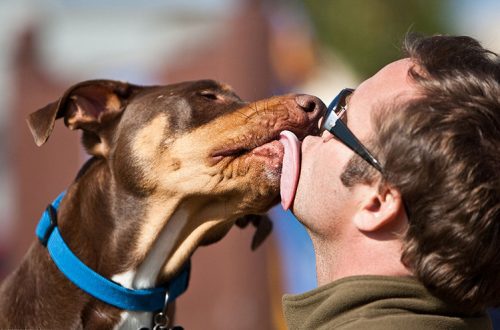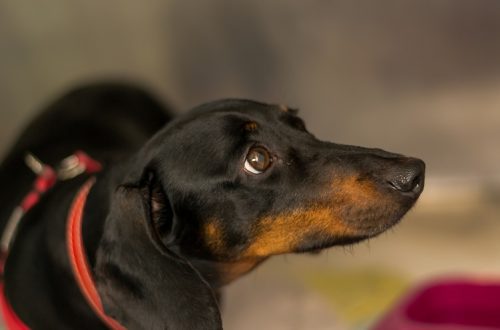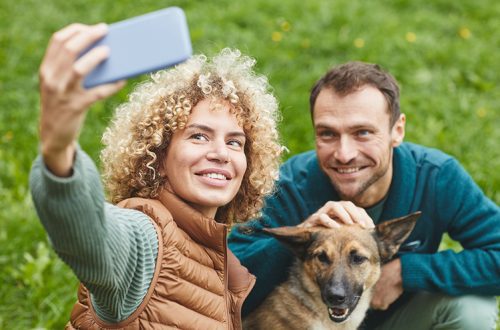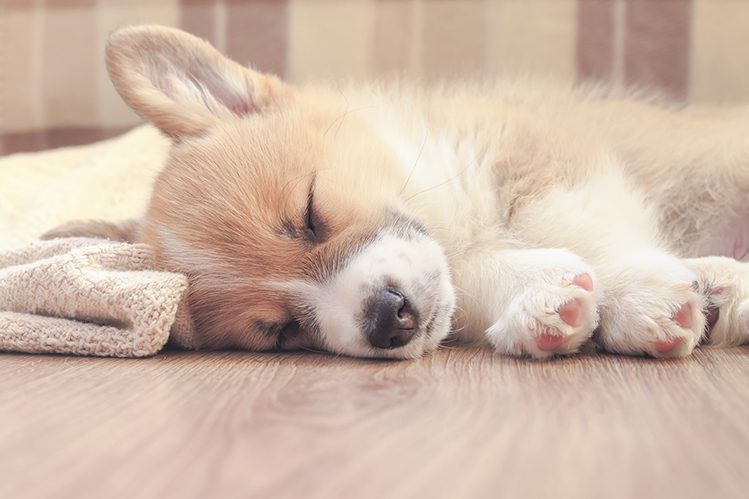
How much do dogs sleep?
How much sleep should a dog have to be healthy, cheerful and energetic? Does the amount of sleep needed by young pets, adult four-legged friends, and older dogs differ? How can an owner ensure the proper quality of sleep for their pet? Let’s take a look at these important questions.
First of all, we note that for each pet, the amount of sleep is individual. Just like people. After all, some of us, having slept for six hours, yawn all day, while others are cheerful and in a great mood. But still, there are sleep norms for pets of different ages, which all caring owners need to know about.
Puppies grow and explore the world, they need a lot of energy. A small puppy can be exhausted and fall asleep right where he played a minute ago. Babies need to sleep up to 20 hours a day in order to boldly go towards new adventures. Note that at the age of up to three months, babies sleep even in bright light and noise (for example, the TV is on), but you should not abuse this feature, puppies need a good rest. If such a baby suddenly woke up and whined, it is almost certainly because he was hungry – little puppies have a very fast metabolism.
At the age of four to five months, puppies need to sleep up to 18 hours a day. Their sleep becomes sensitive, the puppy may wake up from loud music or a ringing phone. From six months old, a pet should sleep as much as an adult dog. On average, an adult four-legged friend needs 14-16 hours of sleep. Cheerfulness and well-being are the main signs that the pet is getting enough sleep.
How many hours a day does a dog sleep in old age, that is, starting from five to seven years, depending on the breed? About the same as a puppy. Metabolism slows down, so more rest is needed to get the right amount of energy. The sleep of an elderly pet is very sensitive, sharp smells, touches, light, noise put the four-legged friend in a good sleep. Often it is in old age that the dog sleeps after a walk and a delicious meal.

Dogs of large and miniature breeds have different needs for sleep and rest. If Spitz, lapdogs can have 12-14 hours of sleep a day, then shepherds, rottweilers will need 15-18 hours of rest. In the body of smaller dogs, metabolic processes are faster, restored cells soon produce energy again. And representatives of large breeds need regular physical activity to maintain muscle tone, so it takes more time to recover. Large dogs sleep better than their miniature relatives, the Labrador will not be awakened by the sound of voices or bright lights.
But other factors also affect the duration and quality of sleep. External stimuli – a noisy holiday in your house with bright lighting, a thunderstorm outside the window, repairs at the neighbors behind the wall. Weather conditions also affect how much dogs sleep. In cold and cloudy weather, four-legged friends prefer to doze more and bask under a blanket on a couch. In the summer heat, pets rest on the floor to cool off and try to move less.
There are also less obvious reasons that can prevent a pet from getting enough sleep. Stress, psychological problems can haunt your dog. This is a common cause of insomnia in dogs that have experienced mistreatment and have had negative experiences with humans. Health problems also disrupt your pet’s sleep. If your ward has chronic diseases, it is necessary to ensure that he is monitored by a veterinarian, follow all the instructions of a specialist, organize a comfortable place for your dog to sleep and rest at home. If at the age of three to seven years, in the prime of life, the dog suffers from insomnia or sleeps excessively, take the pet to a veterinarian.
Even pets in their sleep and rest regimen can partly copy the owner’s schedule. If you like to take a nap after dinner, don’t be surprised if your ward follows your example. The habits of the owners are easily adopted by companion dogs. In representatives of hunting breeds, things are different. They get used to their own daily routine and do not tolerate when they are unable to rest at the usual time.
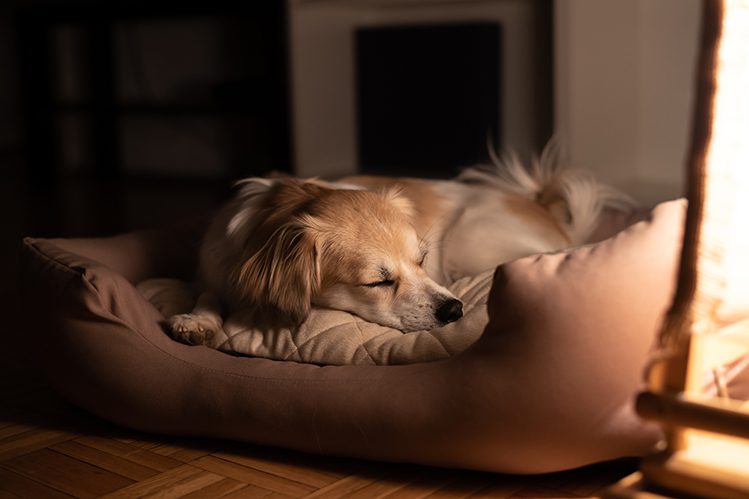
Not only the duration, but also the quality of your pet’s sleep matters. Remember that you don’t need to interfere with the dog’s rest, you can pet your four-legged friend later, during a walk or play. Choose a fairly spacious, comfortable bed for your pet. Place it in a secluded, quiet corner where no one will disturb your ward, away from drafts and direct sunlight. Some pets fall asleep best if their sleeping place is next to the owner. Give your pet a blanket or blanket so he can wrap himself in it if it gets chilly at night.
A cozy environment is important so that the pet’s sleep is not interrupted and the phases of deep and REM sleep successively replace each other. At first, your ward plunges into a nap, rests, but continues to control what is happening around. Drowsiness turns into a shallow sleep, in which the activity of the nervous system decreases, the muscles relax. When a dog sleeps after a walk, this is exactly a shallow sleep.
Shallow sleep turns into deep sleep, which gives a good rest to all the systems of the pet’s organs. The dog does not react to external stimuli, it can slightly move its paws in a dream. This is followed by a phase of REM sleep, it is characterized by sharp movements of the pupils under closed eyelids. REM sleep is responsible for dreaming and withdrawal. REM sleep can turn into shallow sleep and end with awakening, or it can again be replaced by a deep sleep phase.
If the pet whines in a dream, jerks its paws, you should not wake it up, thinking that the pet is having a nightmare. In a dream, a dog can emotionally re-experience a fun game or an interesting walk. In any case, it will be more useful for a pet to wake up naturally. We wish your wards to always sleep sweetly and be ready for new games and exploits every day!



